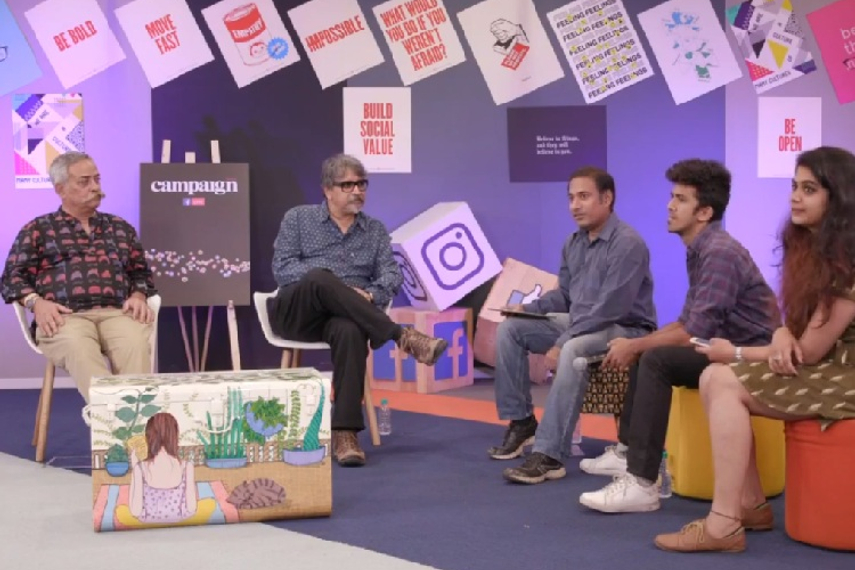
Please sign in or register
Existing users sign in here
Having trouble signing in?
Contact Customer Support at
[email protected]
or call+91 22 69489600
In probably their longest engagement on social media till date, the Pandey brothers answered questions young adlanders always wanted to ask them in an exclusive Facebook Live event from Mumbai

Contact Customer Support at
[email protected]
or call+91 22 69489600
Top news, insights and analysis every weekday
Sign up for Campaign Bulletins
India is no longer an outsourcing destination; it is a trusted, creatively mature partner in the global content supply chain.
With 60% of GCCs poaching from each other, Global Capability Centres must craft a compelling employer value proposition.
He is tasked with leading the company’s nationwide sales strategy, expanding client relationships and supporting business growth across India.
Acquisition creates largest holdco based on revenues for the first nine months of 2025.